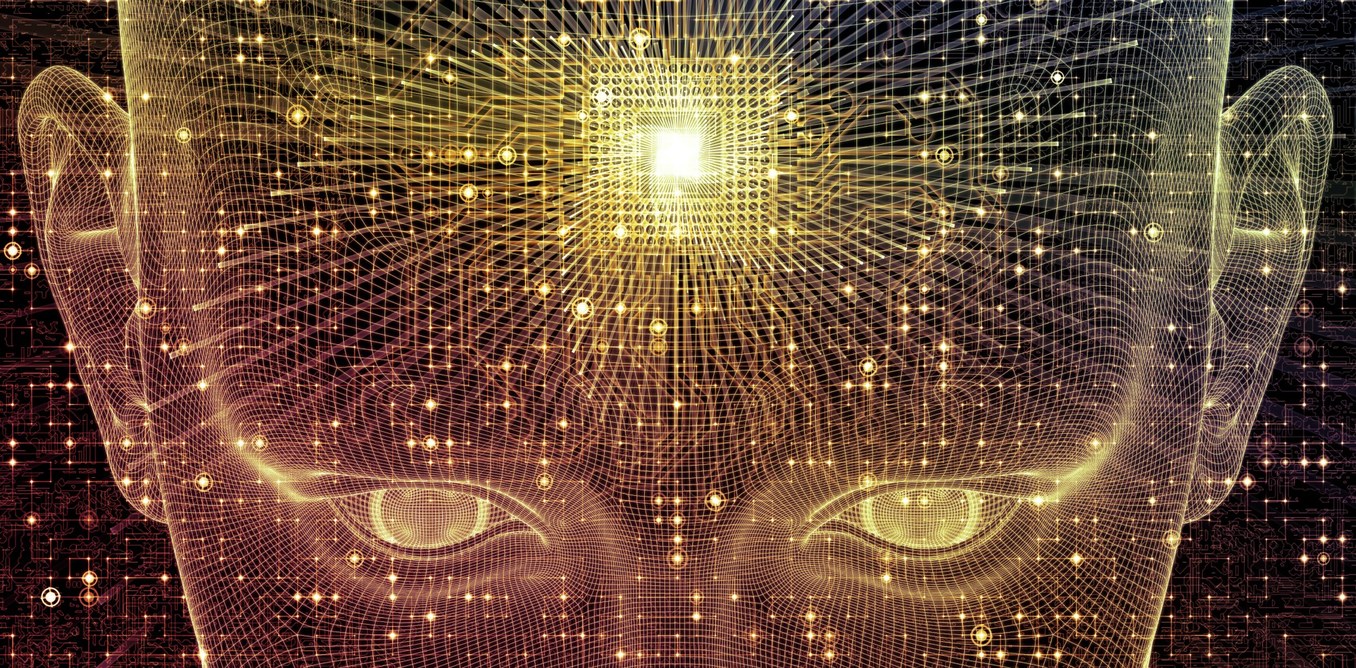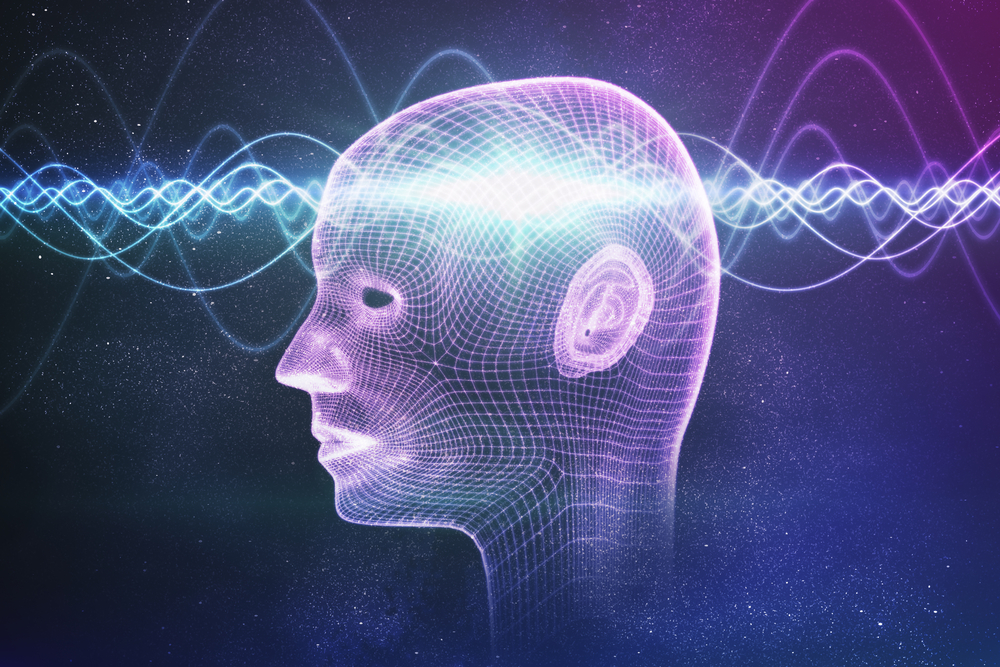Why We Might Never Simulate Consciousness
There are AI researchers and philosophers who think humans will eventually be able to create conscious robots or software even though no one has been able to do this after 60 years of research. The majority of scientists and researchers believe that consciousness, whatever it is, is an emergent phenomenon not contingent on biology or Darwinian constraints like mortality, survival fitness, reproduction, etc. In this article, we consider objections to the idea that creating simulated consciousness is possible, practical, or useful.
For a recent opposing view, see the article by Christof Koch: https://christofkoch.files.wordpress.com/2019/12/proust-among-the-machines-19.pdf
1 Consciousness Can't Be Defined
By consciousness, we do not simply mean awareness— we mean sentience. A thermostat is aware of temperature changes, and a home security system is aware of motion. However, we will not be so strict as to demand self-awareness of a conscious system. We think animals of many species are conscious because we make them unconscious before operating on them. According to Thomas Nagel's incantation, it feels like something to be a conscious being such as a human or a dog. We do not think it feels like anything to be like a virtual personal assistant such as Amazon Alexa, or a laptop, or a vending machine. Perhaps it is also not like anything to be a tree or a shrimp or a bacterium. But almost everyone agrees that all known conscious systems possess life in addition to consciousness. At issue is whether or not being alive is a necessary, if insufficient condition of having consciousness. Only if consciousness (whatever it is) does not require life do we have any hope of simulating it.
We used to have the same concerns about what it means to "alive" before modern biochemistry. A cell that has recently died is nearly chemically identical to itself in its previously living state. In fact, a recently deceased animal will have many millions of individual cells which are still alive. To declare a biological entity either alive or dead, as a whole, is a socially constructed notion, depending on a host of dependent, causal criteria such as having a functioning heart and brain, because living and dying are processes and conceptual or emergent concepts, in addition to being biological ones. Additionally, we usually do not say something is "dead" unless it was once alive. Consciousness appears ontologically similar to "being alive" in this regard. When we fall asleep, for example, we lose consciousness for a time. We do not cease to be conscious beings— our consciousness returns as part of normal systems operation.

And yet some will not accept "feeling like it is something to be" as an adequate definition of having consciousness, or find it too ambiguous. Others will say consciousness is an inherently ambiguous term related to many otherwise unrelated psychological phenomena and biological correlates. Still others think that some working definition of consciousness may exist, but disagree about what the nature of consciousness is— some think it is a process (like digestion); some even think it might be a field (like gravitation) which pervades the universe, and thus aren't sure what exactly we're supposed to be modeling if we want to simulate it. Is to say that a conscious system has consciousness (a set of criteria, behaviors, attributes, etc.) equivalent to saying that it is conscious?
Note that it might not even be necessary to understand how consciousness arises or functions in order to synthesize it. For example, suppose it were possible to replace a neuron or axon in your brain with a manufactured component with an identical interface and electrochemical performance characteristics. Most people think they would survive as the same fully conscious person after this procedure. Would this be equally true after replacing every neuron and axon, one by one? Is there some nth replacement after which you cease to be "you"— or even cease to be a conscious creature? If you think either it is impossible to artificially reproduce a brain cell and all its connections— that is, there is some "secret sauce" consciousness requires which cannot be defined in physical terms, then you should think there is no hope of simulating consciousness.
2 Consciousness is Already a Simulation
Since Nick Bostrom posed his famous Simulation Hypothesis, some philosophers and physicists have taken the idea that we are living in a simulation seriously. According to this probabilistic argument, if we observe that computer simulations of reality (e.g. video games) continue to improve in generating simulations of increasing realism, then it's only a matter of time until someone creates a simulation of our universe with conscious inhabitants which cannot be distinguished from reality. Once this is accomplished, it will be possible to produce and run many, perhaps millions, of such simulations concurrently. If you believe this will be possible in the future, then upon reflection, you should believe the chance of our living in the real universe approaches zero, because it is far more likely that some real beings, probably humans (in the real universe), far more advanced than we, have created millions of simulations of their past, and we are living in one of those.

A frequent objection to the Simulation Hypothesis is the problem of infinite regress— we creatures inhabiting the simulation will ourselves create simulated universes, leading to a deep or even infinite hierarchy of realities. We can restore confidence that we are living in the real universe only if it turns out that simulating consciousness is impossible or otherwise "disallowed" in simulated universes. Consider the phenomenon of dreaming. It is very difficult, though not impossible, to have a "double dream"— the experience of dreaming that you have awakened from a dream. Whether it's a brute fact or by design, perhaps it is difficult or impossible for simulated, conscious, creatures to create further such simulations.
3 There's Nothing More to Do
"Where consciousness is concerned, the appearance is the reality." – John Searle
Consider the best, most accurate weather simulations. These are useful because we cannot (nor should we) create real hurricanes on demand, for example. When these simulations are run, no user or computer hardware ever gets wet or even feels the slightest breeze. This is a feature, not a bug. Similarly, no simulation of the mechanics of black holes ever sucks its observers into the machine. Simulations are not real no matter how realistic. What then are we to supposed to think about a simulation of consciousness? Will it really be conscious?
From this argument, it follows that Artificial Intelligence is already the simulated consciousness we sought to create. Researchers have already designed models of "consciousness," whatever they think it is, and have implemented them. The AI systems we can implement or even imagine implementing in theory, are already state-of-the-art consciousness simulations. Future advances in AI will increase in capabilities, but will necessarily fall short of “real” consciousness in ways all simulations fall short of the realities they model. This is because a model of reality is always simpler than the reality itself.
An artificial intelligence can look like a system which "knows" certain facts. You can ask it questions, and it will use logic and reason to understand and answer your questions. Some of these systems will be better than others. But no one thinks that it feels like anything to be IBM Watson, for example. An AI system, by virtue of it being a simulation, must lack a first-person, subjective, "internal" experience of reality. This is a good as it gets; you can’t expect anything more.
4 Consciousness is a Computation
The computationalist theory of mind essentially states that the brain is a computer. It may not work like most computers because it's built of biological matter and is configured according to an evolved, rather than a purposeful design. However, if the mind is a computer, then it it is capable of solving those problems which are computable, just like all other computers. In this view then, anything the human mind can do, or do better than an artificial computer is due to the difference in processing power and storage. Once computer hardware and architecture reaches or exceeds the processing power of the human mind, so this idea goes, computers will be able to compute everything the human mind is able to, including the computation or algorithm we call consciousness.
But if this is true, then "simulating consciousness" is as meaningless as "simulating computation." Computers do not simulate computations. They perform real computations. Of course, the computations may be in service of implementating some simulation, but it is not the computations themselves which are simulated.
5 Consciousness is not Computable
I believe there is something going on in a conscious being, which includes many animals, as well as ourselves, that is not a computational activity. And to be conscious at all is not a quality that a computer as such will ever possess - no matter how complicated, no matter how well it plays chess or any of these things." – Roger Penrose

But suppose you are persuaded, as is Roger Penrose, that consciousness is not algorithmic. Then whatever consciousness is, it is not reproducible by a computer, by definition. The feeling of seeing the color red is different from that of seeing the color blue. Consider a person, blind from birth, who knows every possible fact about colors— their wavelengths, how they are received by the eye and perceived by the brain, which colors combine in certain ways to create a palette, etc. Any question that can be asked about colors, can be answered correctly by this person. Now suppose this person is cured of their blindness and is able to actually experience color. Have they learned anything new? If so, what exactly, because it can't be stated as a fact. According to this argument then, consciousness is something other than information processing. What if, as physicist Max Tegmark says, "consciousness is the way information feels .. when it is being processed."
6 Consciousness is too Complex
There are all kinds of mysterians, mind-body dualists and religionists who, for different reasons, think consciousness is an intractable mystery. They think consciousness is immaterial or "spiritual" and therefore not subject to being modeled or computed. Others think that while consciousness may be physical, it is too complex to model because the brain is the most complicated structure in the universe. They think modeling the brain, the process of consciousness, or whatever they think is the foundational mysterious thing, exceeds the capabilities of the human mind. In short, they don’t think we're smart enough to ever pass the ultimate mirror test.
Related to this argument is the idea that we will never create consciousness for the same reason we will never create life. While we can understand the complexity of the "design" of life in great detail, life itself could never be manufactured unless we start
with already living material. The process to create life de novo is simply too complex. Even if we were handed all the necessary molecules— proteins, amino acids, DNA, lipids, enzymes, etc., we could never assemble them into even a single living cell because we don’t have the first idea about how this could be done in practice.

7 Consciousness is an External Field
Far from thinking consciousness is a process like digestion, or an emergent phenomenon of complex networks, some philosophers, exemplified by David Chalmers, believe consciousness is a fundamental property of the universe, such as gravity or electric charge. What would a simulation of that look like? If consciousness is a fundamental, non-contingent, universal, physical, universal property— let's call it a force— then like gravity, it pervades the entire universe.
This panpsychist idea leads to believing that the human mind is a receiver or processor of external, consciousness "forces," not a producer of consciousness, much like a radio receives and processes radio waves. If this is true, it's hard to make sense of what could be meant by "simulating" consciousness. Simulating a radio, to continue the analogy, would first require simulating the source of the radio transmission. Instead of doing that, we should be working on detecting the field of consciousness which our minds are receiving and processing.
As promising as Artificial Intelligence seems to the average consumer, there are reasons to think there is either a theoretical or practical limit to how smart it can be. Every day, computers answer millions and millions of questions. I'm unaware of a single instance of a computer asking a question it was not programmed to ask. Why is this? In the answer to that question may lie the mystery of consciousness itself.


